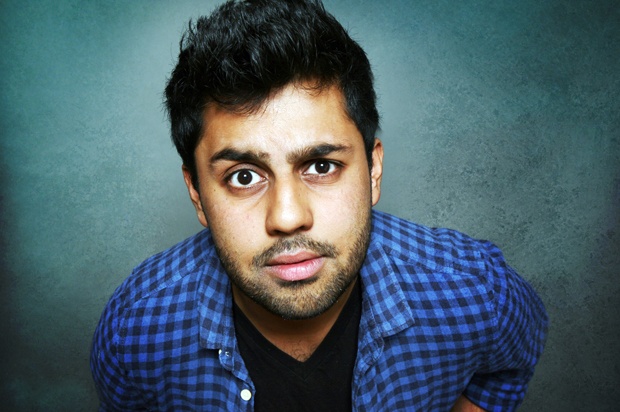All about adoption
The process of adoption is not like it used to be, with whisked away babies, secrets and lies, however it is still a difficult and emotional process. The Mix explains your rights.

Adoption is an emotional process
Making the decision
It is important to make sure you know all the facts about adoption in order to make a final decision about it. Giving up a baby for adoption isn’t easy – for the mother or father. If you’d like to consider adoption, your doctor can put you in touch with the Social Service, who will advise you from there.
Counselling will be provided, to be sure that you’re happy with the situation, and aware of any future implications once the child has been adopted. The agency itself can’t guarantee that your child is brought up in exactly the way that you wish, but it will always put the child’s welfare first when choosing a suitable family. You will have time to change your mind if necessary because formal consent to adoption cannot take place until at least six weeks after the baby is born.
The adoptive parents
You can know as little or as much about the adoptive family as you wish. You can also keep in touch via the adoption agency or Social Services. You can wait for a suitable family before agreeing to an adoption, or transfer your parental rights to the agency who will find a home on your behalf. Once a family has been found, they can then apply for their own adoption order.
When does the adoption process become legal?
Although social workers arrange adoptions, they are made legally binding by the courts. The court will make sure that you are definite about your decision to put your baby up for adoption and that the baby’s new home is the right environment for him/her to grow up in.
The adoption is usually made legal three months after the birth of the child.
Will my child ever know about me?
If you wish, the adoptive parents can keep a ‘life book’ which tells the child all about you so that s/he grows up with a sense of where s/he comes from.
Neither birth parent has the right to see their child after she or he has been adopted, although the child can get in touch with them after the age of 18. Even so, some adoptive families feel it is healthy for the child to be aware of their origins, and may consent to some contact.
What is the difference between adoption and fostering?
Adoption means legally giving up responsibility for your child. Fostering means that another set of parents will temporarily look after your baby, but that you will remain the legal guardian and hopefully be in a position to care for your child in the future. If, for whatever reason, you cannot look after your baby, social services will arrange temporary fostering and will try to work with you to reunite you with your child. Making a decision about adoption or fostering is a big one and you should feel able to take time to make the right decision for you and speak to organisations that can help you make up your mind.
To find out more about what to consider, have a read of Adoption: Your Feelings.
Photo of thoughtful girl by Shutterstock
Next Steps
- Chat about this subject on our Discussion Boards.
- Need help but confused where to go locally? Download our StepFinder iPhone app to find local support services quickly.
By
Updated on 29-Sep-2015
No featured article














